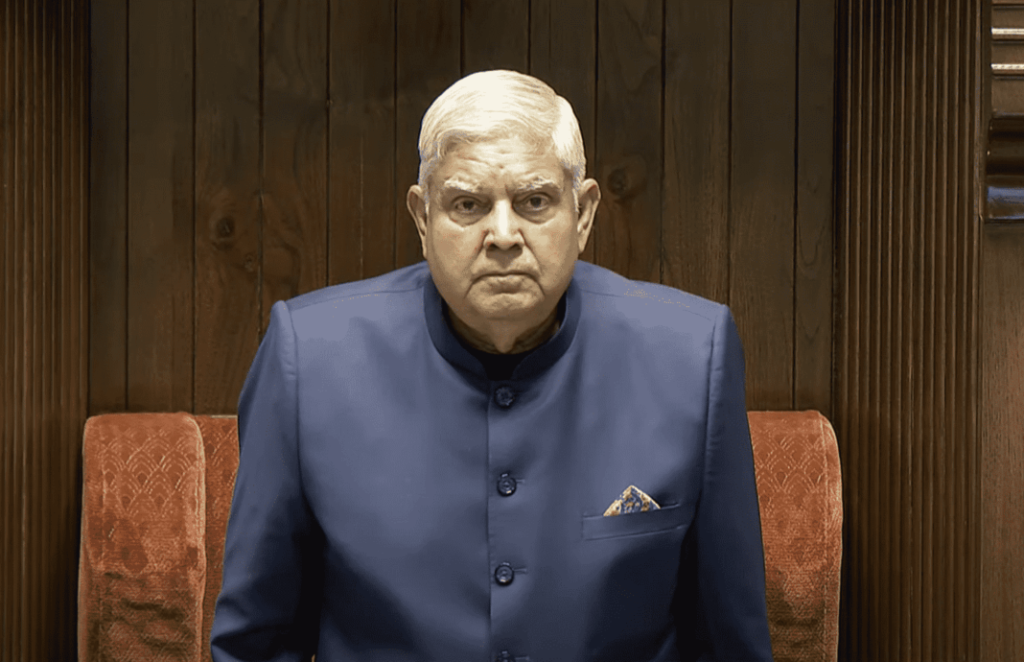In a move that sent shockwaves across India’s political landscape, Vice President Jagdeep Dhankhar submitted his resignation just as the Monsoon Session of Parliament commenced. The sudden development has triggered a flurry of political speculation, reactions from across party lines, and renewed scrutiny on the relationship between the executive and the legislature.
A Surprise Move in Parliament
On what was supposed to be a routine start to the Parliament session, Vice President Jagdeep Dhankhar’s resignation has emerged as the headline story. As Chairman of the Rajya Sabha, his abrupt decision left many MPs and political observers stunned. The Vice President, who assumed office in August 2022, has been an active participant in parliamentary affairs and known for his assertive handling of proceedings.
The news was confirmed shortly after his resignation letter was submitted to President Droupadi Murmu, further intensifying political buzz both inside and outside the Parliament.
Congress Questions the Timing and Intent
The Congress’s remarks on Jagdeep Dhankhar’s resignation have made it clear that the Opposition will not treat this as a routine transition. Senior Congress leader Jairam Ramesh, in a sharp tweet, questioned the timing and sought clarity on the Jagdeep Dhankhar resignation reasons. The party is expected to raise this issue during the ongoing session, positioning it as part of a larger narrative questioning governance transparency and institutional accountability.
A Turning Point for Executive-Legislative Relations
Experts argue that this resignation could redefine how India perceives the working relationship between its constitutional institutions. The Vice President, who also functions as the Chairman of the Rajya Sabha, plays a crucial role in ensuring legislative discipline and debate quality. His exit, particularly on the first day of the Parliament session, is bound to disrupt legislative proceedings and raise questions about stability at the highest levels. Moreover, the incident rekindles discussions around the politicization of constitutional roles. If the resignation stems from ideological or operational friction with the executive, as some suggest, it sets a precedent worth deep scrutiny.
What Lies Ahead?
As Parliament proceeds with its Monsoon Session, the political atmosphere remains tense. With the Jagdeep Dhankhar resignation now a central issue, parties are preparing for a heated exchange over governance, leadership, and the future direction of parliamentary democracy in India.
President Droupadi Murmu is expected to take a call on Dhankhar’s successor soon. Until then, all eyes will remain on how both the government and the Opposition navigate this unexpected political shift.












More Stories
All 7 On Board Air Ambulance Flying To Delhi Die In Crash In Jharkhand
IDFC First Bank discloses Rs 590 crore fraud at Chandigarh branch involving Haryana government accounts
In the new PMO, PM Modi’s first decisions focus on the welfare of women, farmers, and youth